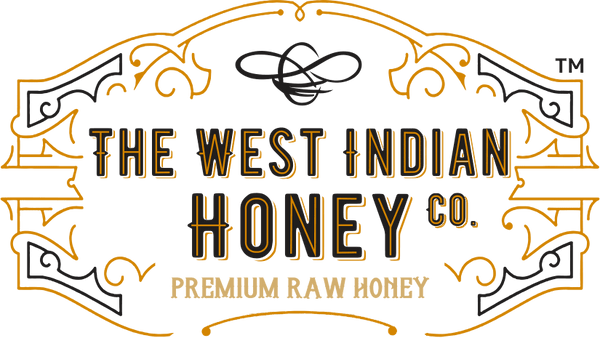Bee propolis has been used in medical practice since ancient times. It is a natural remedy full of antibacterial, anti-fungal and antiviral properties. It carries a wide variety of benefits. What’s more important, is that propolis has an antioxidant effect, so it’s a real enemy of aging!
What is propolis?
Did you know that honey isn’t the only thing that bees make? Bees also produce a compound called propolis from the sap on needle-leaved trees or evergreens. When they combine the sap with their own discharges and beeswax, they create a sticky, greenish-brown product used as a coating to build their hives. This is propolis.
Propolis is a fresh, pleasantly strong-smelling, and biologically active product that can retain its healing properties for up to 10 years. It has a distinctive, bitter, and pungent tasting. Its color ranges from yellowish to dark brown, grey, or sometimes even greenish. The older the propolis, the darker the color. Bees collect propolis from sticky buds, shoots of trees (poplars, pines, birches, etc.). It is also well known as bee glue because bees use it as a building material to glue cracks in the hive, to cap honey, and even use it to embalm perishable foreign bodies that cannot be removed from the hive. Due to the same preservative properties, being an air and moisture-tight product, it prevents the spoilage of other bee products like bee bread, pollen, royal jelly, and raw honey.
Natural bee propolis is solid at room temperature while heated to 30-40°C becomes sticky like glue, and melts only at 80-104°C. It can only lose its natural healing properties when melted. Moreover, it dissolves well in strong alcohol infusing the alcohol with antibacterial, anti-fungal, and healing properties.
Raw propolis as a natural remedy
The spectrum of propolis benefits is impressively wide. It fights fungi, viruses, has anti-inflammatory, bio-active and antioxidant properties. In medieval times it has been well known for its local anesthetic function. The benefits of propolis have been known for a long time. Since ancient times, people knew that propolis eliminates bad breath, reduces or completely suppresses pain or swelling, and helps heal wounds. In folk medicine, it was mainly used as an external medicine. It used to be warmed to softness, spread in a thin layer, and placed on a wart, scab, or wound. It was even used to tackle tuberculosis.

Raw Propolis
In later times people realized that bee glue can be made into propolis tincture by dissolving in strong alcohol. This way people started to treat internal health problems too. The antibacterial properties of propolis extract disinfect internally and start a healing process. Therefore it is very good to treat stomach ulcers, tonsillitis, or dental gums.
How to make propolis tincture yourself?
Propolis tincture can be used to treat fungal skin diseases, abscesses, long-lasting wounds, as well as trophic leg ulcers. While propolis cream can heal eczema, dermatitis, psoriasis, burns, and frostbite. However to make the cream, first, you have to make the extract with strong alcohol. This will make propolis liquid which can later be used on its own or in making various skin creams.
To start you will need:
- 30g of Raw Propolis
- 60g of alcohol spirit (70%)
- 2 empty glass jars (recycle raw honey jars)
- Cheesecloth

Propolis Tincture
Put all the bits of raw propolis into an empty jar and pour all of the strong alcohol spirits (it would be best to have as strong as 70%). Close the jar and place it in a warm and dark location. Best temperature to keep the mixture would be at around 30°C. We found that a cupboard above the oven or stove is one of the better locations due to the constant heat. The mixture should be kept for 3 weeks. Once in a while shake the jar to stir the contents.
After 3 weeks, place the cheese cloth on the jar opening and pour all the contents into an empty jar. The cheese cloth will filter the mixture and will lead to a clear propolis liquid. You can now can use propolis tincture as an antibacterial, anti-fungal, antiviral and bio-active agent full with antioxidants.
